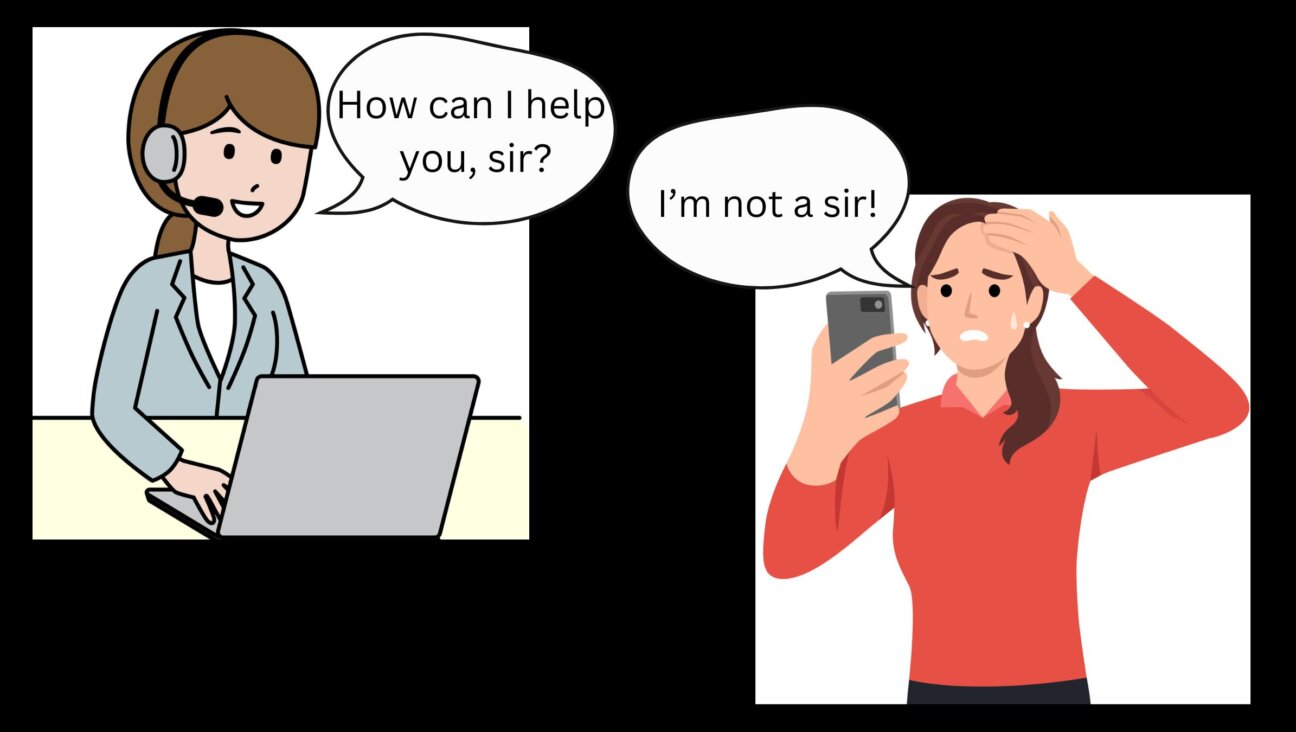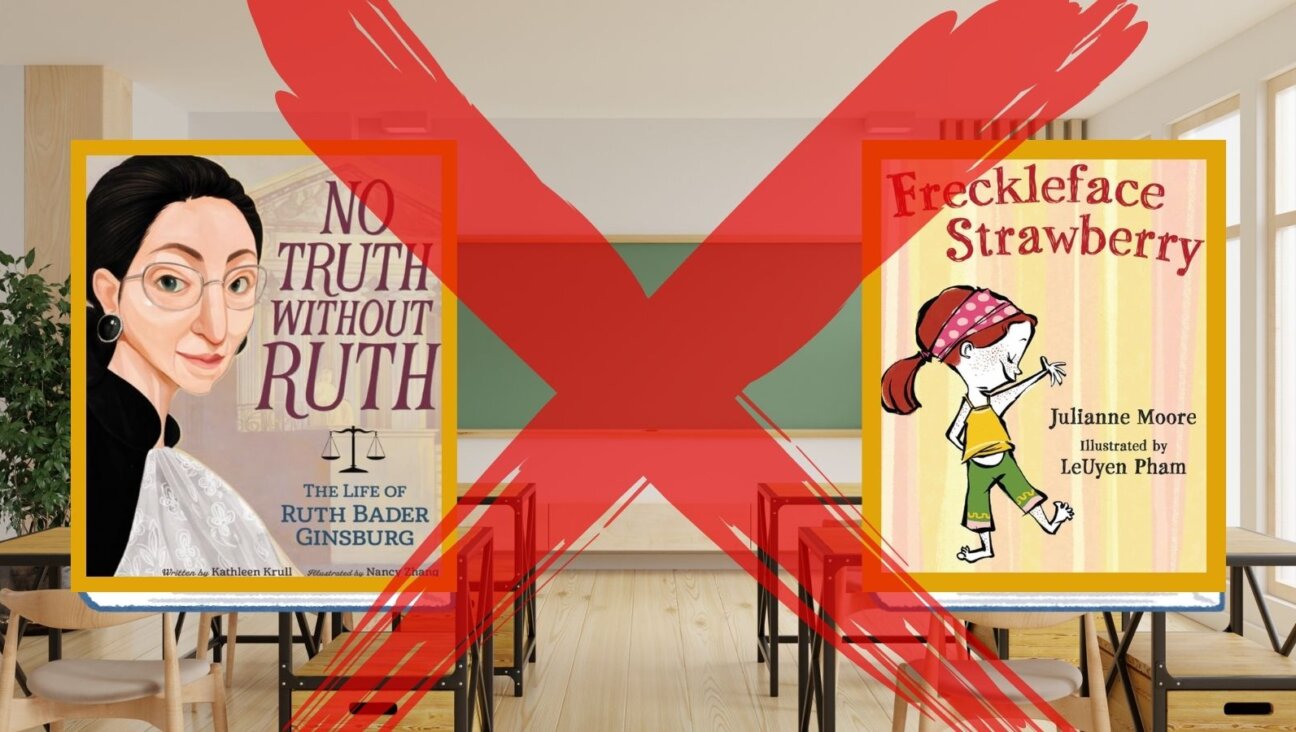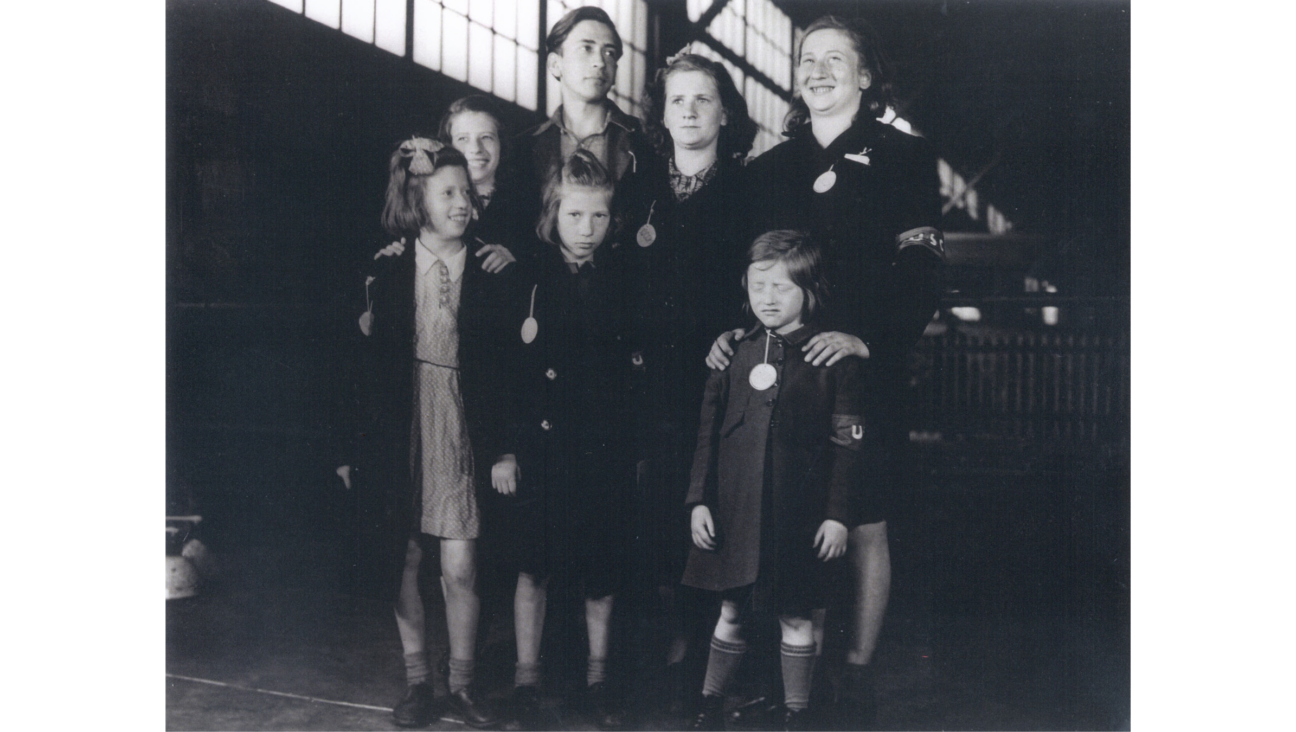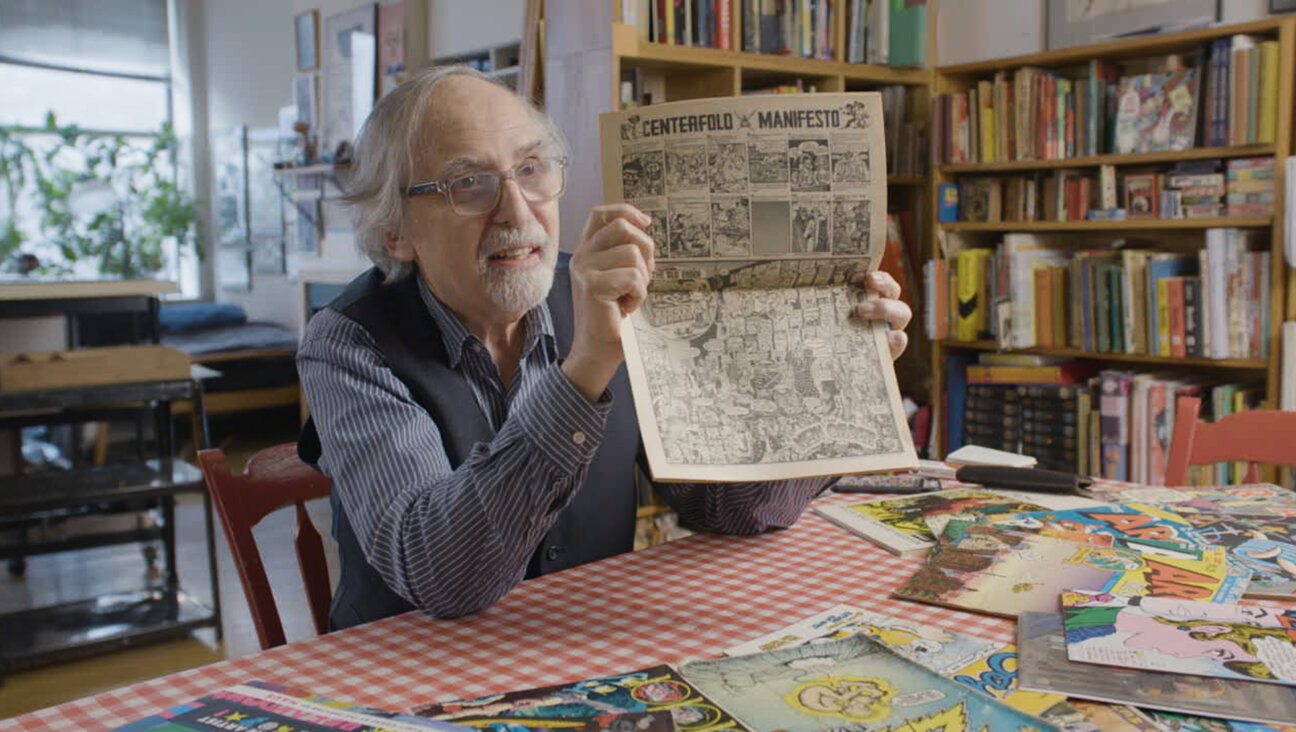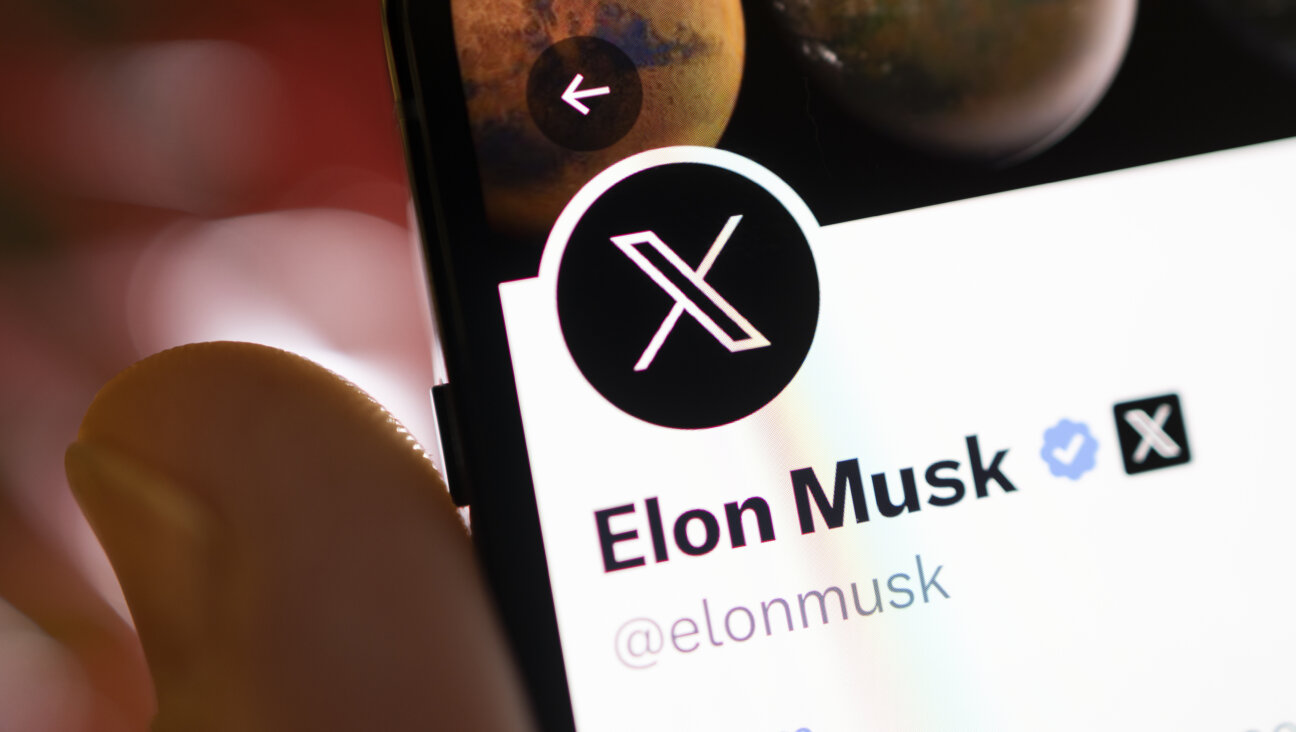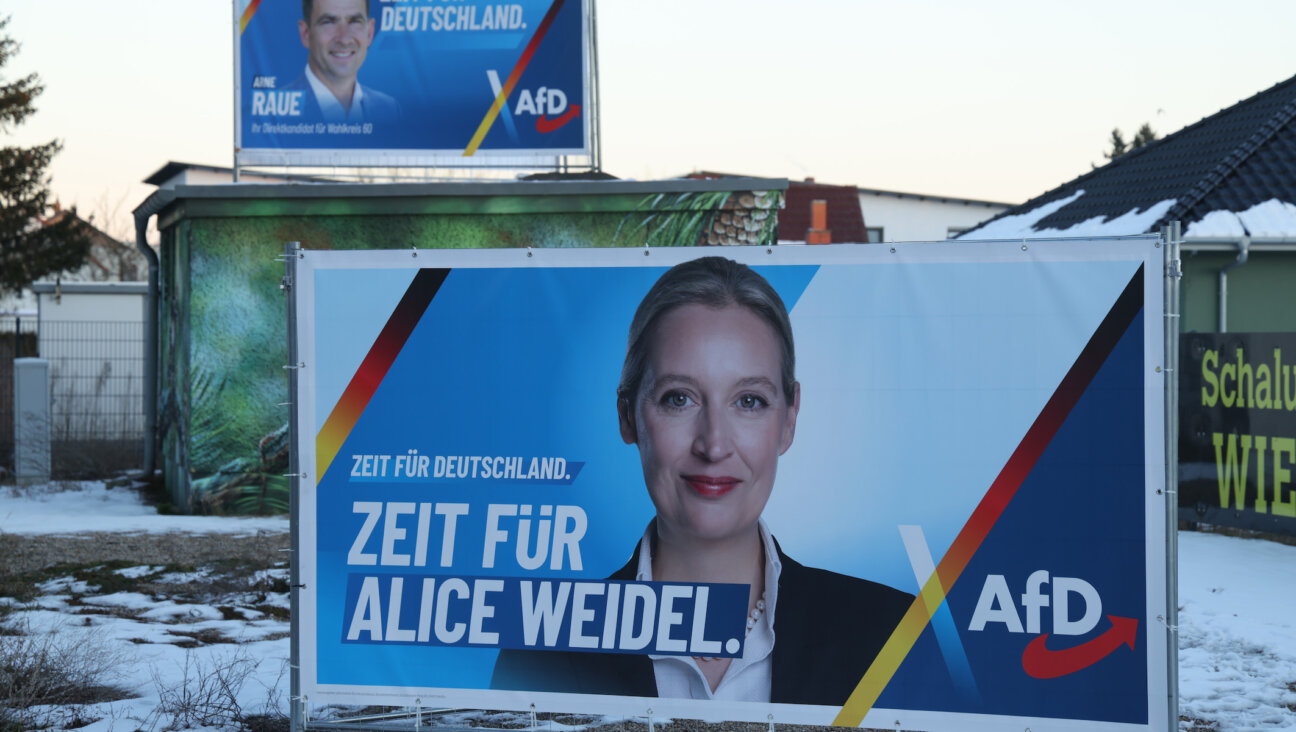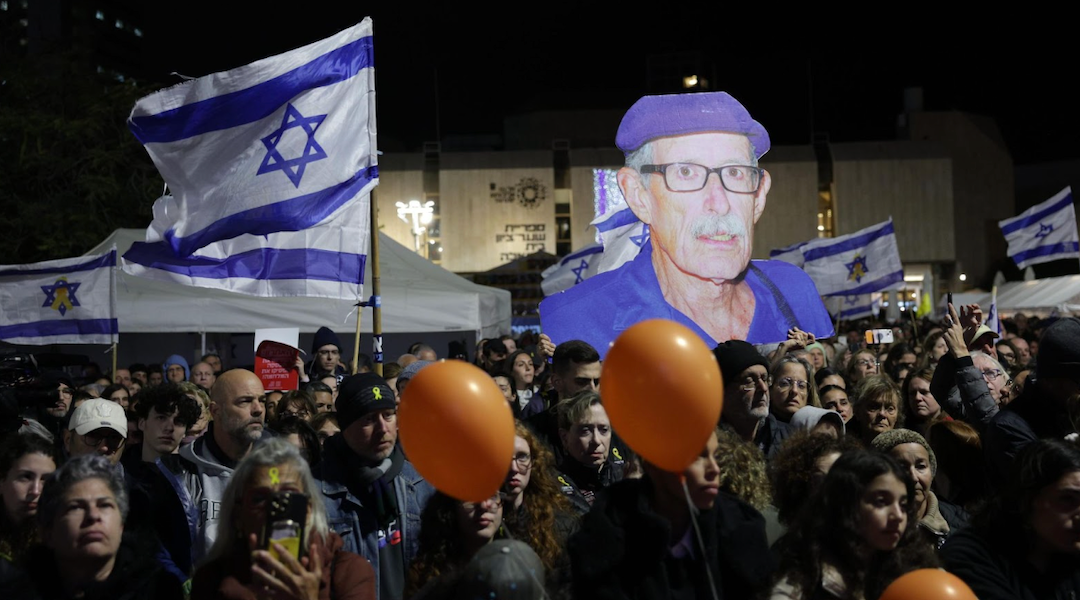How the Pope and my rabbi father changed my life and healed my heart
30 years ago, Rabbi A. James Rudin took his daughter Jen on a fateful trip to the Vatican
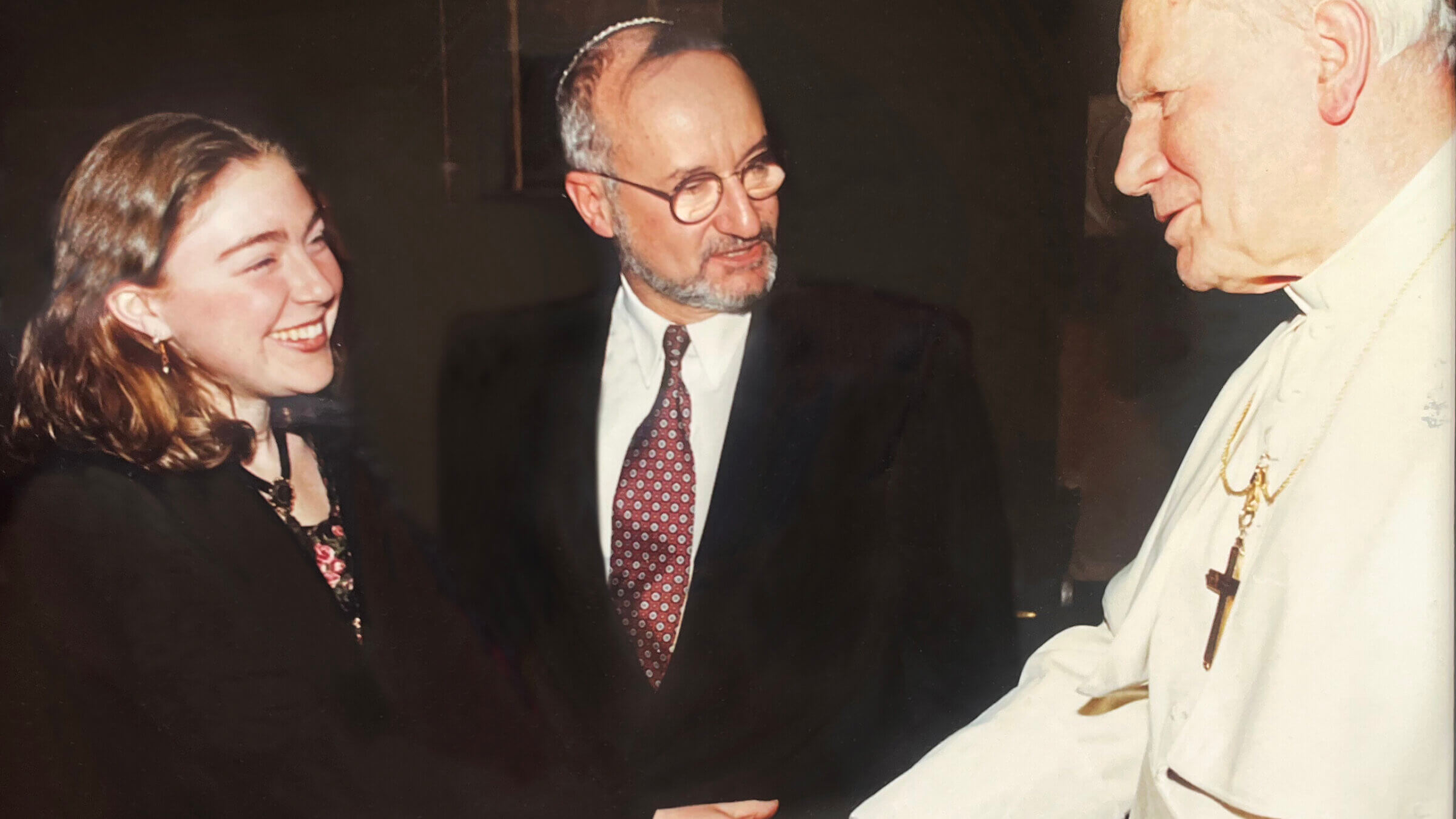
Accompanied by her father Rabbi A. James Rudin, the author meets Pope John Paul II. Courtesy of Jen Rudin
You wouldn’t think a nice Jewish girl would be celebrating Conclave winning the BAFTA award for Best Picture and the film’s eight Academy Award nominations. Yet I actually met the holy father with my own father in 1995.
“Can you meet me tomorrow at JFK?” my dad, a prominent rabbi in New York, called to ask. “I’m leading a delegation to Rome to meet with the Pope. Someone just got sick and canceled.”
At 21 and just out of college, I’d been having a rough time, struggling through daily rejections from my acting career, recovering from an eating disorder, and in and out of destructive relationships. I yelled “Yes,” up for a chance to spend time with my dad.
“Great,” he said. “Bring your passport, pack a blazer and a dress. Leave your Doc Martens at home.”
The next day, we joined the group of delegates at the airport, flying overnight to Rome. Once we arrived, we checked into the Excelsior Hotel on Via Veneto, where La Dolce Vita was filmed. I wanted to nap in the luxurious hotel room, but my father insisted we grab a cappuccino and stroll around the city to fight the jet lag. Together, we ran down a glorious winding staircase to the hotel lobby to take a walking tour of my dad’s favorite city.
Walking down the Spanish steps, I confided in him about my post-college confusion. At the Trevi fountain, he suggested I write a list of career goals and aspirations, then note the pros and cons for each. At the Coliseum, he gave me relationship advice I’ve never forgotten: Judge men by what they do, not what they say. Walking toward the magnificent synagogue, he commented on the resilience of the Italian Jews. “They’ve been here for 2,200 years, long before the Romans. And of course, they have the best food. In my next life, I’d like to be reborn an Italian Jew.”
We ducked into a local trattoria where we dined on pasta and wine. A violinist serenaded us at our candlelit table.
“No,” my father laughed, slightly embarrassed. “She’s my daughter, not my girlfriend.” The musician moved on to another table.
The next day, we boarded our bus for the Vatican, a city-state the size of Central Park with its own stamps and police force. We stood at attention in an elegant meeting room as The Pope entered and then sat on a throne opposite my dad. For the next 30 minutes, my father and the holy father conversed, continuing the open dialogue between Catholics and Jews. When the meeting concluded, the Vatican photographer motioned for us all to stand in line to meet His Holiness one-on-one. My heart fluttered until, finally, it was my turn.
My father introduced me. “This is my daughter, Jennifer Rudin.”
The Pope reached out, affectionately ran his fingers through my hair, then shook my hand, his handshake firm, hands warm.
“Smile,” said the shutterbug who captured my father grinning, the Pope beaming, and me. I felt safe standing between these two important good men, transforming the world through their dialogue.
When we returned to New York, my older sister jokingly asked our dad, “How come Jen got to go to Rome, and I got to go with you to Auschwitz?” She and I still laugh about this today, especially since she’s now also a rabbi. I soon quit the toxic world of auditions exploring other potential careers.
My father, Rabbi A. James Rudin, is a hard act to follow. He met with Pope John Paul II a dozen times over his lengthy career as the Inter-religious Affairs Director at the American Jewish Committee. Two years ago, he received the highest honor granted by the Vatican to non-Catholics: Pope Francis selected him to become a Knight of St. Gregory the Great, the third American rabbi to receive such an honor.
It’s been 30 years this month since that magical trip we took to Italy. My father is now 90 years old, in a reflective period of his life, but continues to teach that dialogue and understanding do not come easily. Last week, I visited him and my mother in Florida, and we watched Conclave together, remembering our time there. He thinks the film portrayed a pretty accurate version of the Cardinals.
“Why did you take me on that trip?” I asked. “Was it because I was such a mess back then?”
He hugged me and said, “I took your mom to Camp David, your sister to Poland. I wanted to take you overseas, too,” he said. “And look at you now. I’m so proud of you.”
By 52, I’d finally learned to eat healthy, found a fulfilling career as a casting director helping other actors achieve their dreams, and eight years ago married a great man my family loves. When we said goodbye, I reminded him of that glorious staircase we ran down together at the Excelsior Hotel, then prayed this would not be the last time I saw him alive.
On March 2, I plan to FaceTime with him to watch the Academy Awards together, hoping Conclave wins, remembering that miraculous trip when my own father healed my heart.
A message from our Publisher & CEO Rachel Fishman Feddersen

I hope you appreciated this article. Before you go, I’d like to ask you to please support the Forward’s award-winning, nonprofit journalism so that we can be prepared for whatever news 2025 brings.
At a time when other newsrooms are closing or cutting back, the Forward has removed its paywall and invested additional resources to report on the ground from Israel and around the U.S. on the impact of the war, rising antisemitism and polarized discourse.
Readers like you make it all possible. Support our work by becoming a Forward Member and connect with our journalism and your community.
— Rachel Fishman Feddersen, Publisher and CEO







